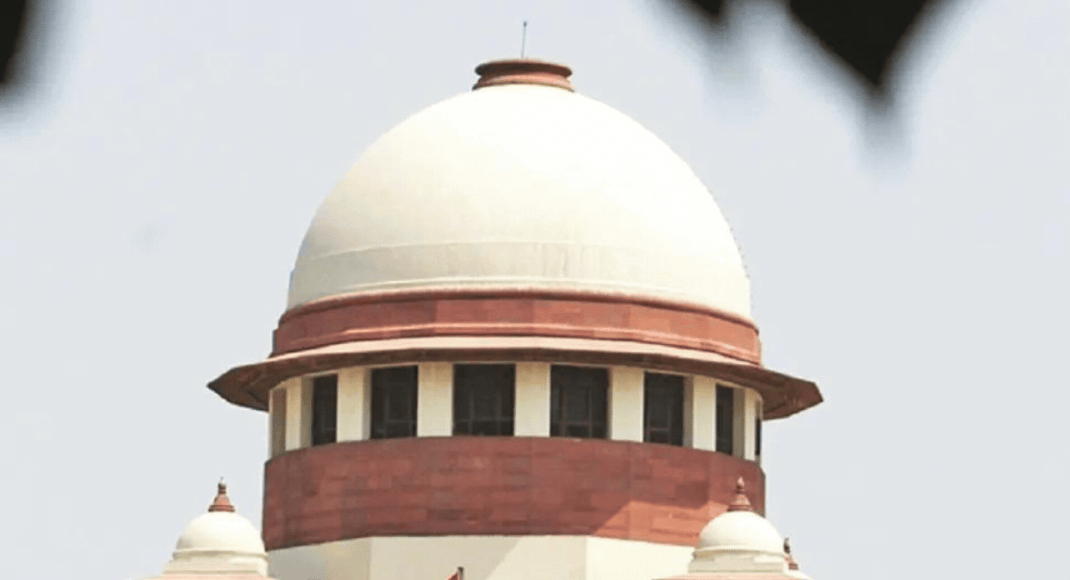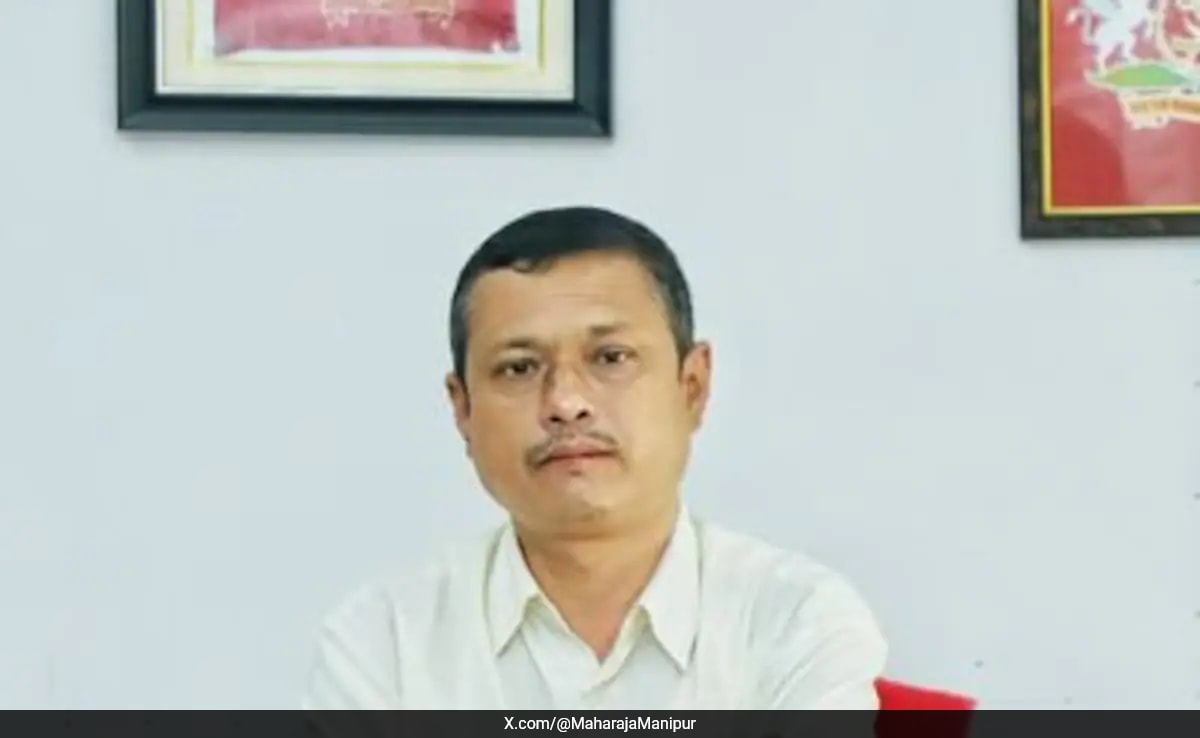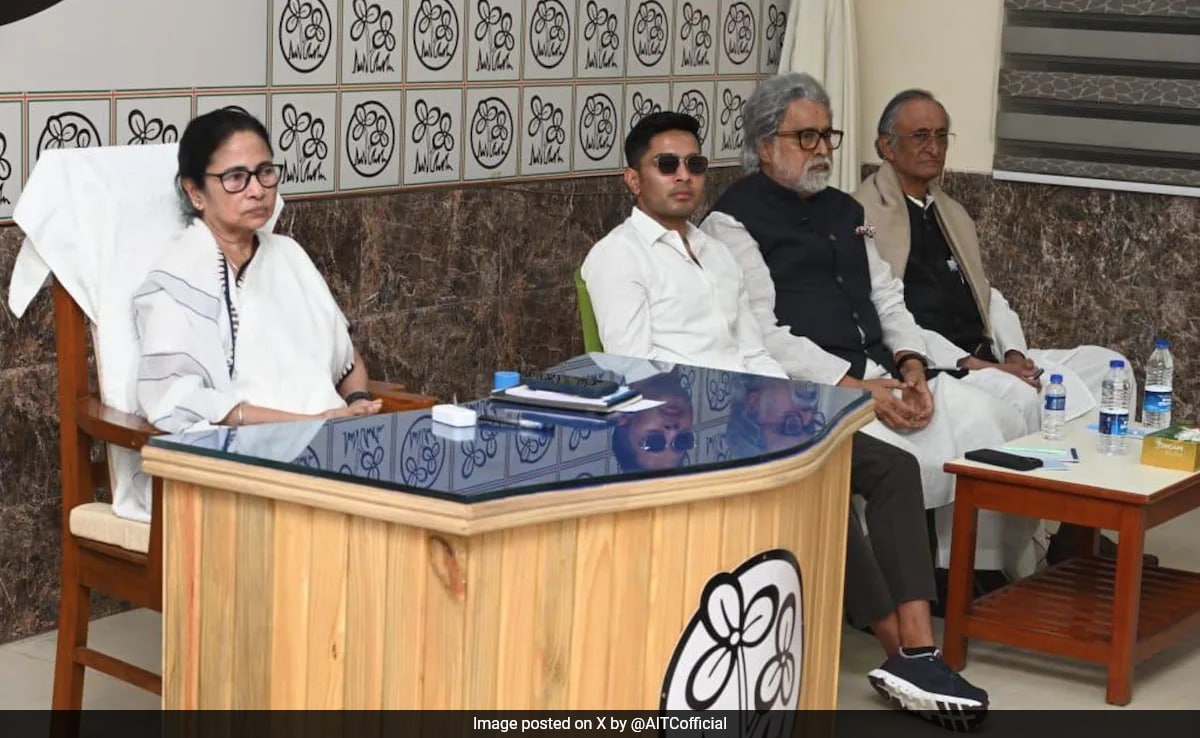
NEW DELHI: Even after cracking the 2008 civil services examination, a 100% visually impaired person had to run from pillar to post for 16 years to get an appointment letter from the Centre.
Pankaj Kumar Srivastava’s struggle came to an end on Tuesday with Supreme Court directing govt to appoint him along with 10 other similar candidates who were on CSE-2008 merit list against existing vacancies for physically challenged candidates either in IRS or in any other service within three months.
SC rapped govt for not implementing the provisions of Persons with Disabilities Act, 1995 in true spirit and said it is a “sorry state of affairs”.
Govt failed to implement provisions of PWD Act: SC
A bench of Justices Abhay S Oka and Pankaj Mithal invoked Article 142, which gives extraordinary power to the apex court to do complete justice, in this case. The judges agreed with senior advocate A Mariarputham and lawyer Rohan Alva who appeared for Srivastava.
“In this case, the affidavits filed by the appellant – Union of India bring a sorry state of affairs on record. It (govt) failed to implement the provisions of the PWD Act. …Respondent (Srivastava) has been made to run from pillar to post to get an appointment, though there is a large backlog of vacancies in various PWD categories,” the bench said.
“Several backlog vacancies exist for VI (visually impaired) categories in IRS (IT). It is accepted that from CSE-2014, VI category candidates are being selected for IRS (IT). Thus, the total vacancies of PWD posts for IRS (IT) are 75. By applying the principles governing Section 36 of the PWD Act, 1995, the cases of respondent no.1 and the other 10 candidates who are above him in merit could have been considered, especially when there is a gross default on the part of Union of India in promptly implementing the provisions of the PWD Act. Unfortunately, in this case, at all stages, the appellant has taken a stand which defeats the very object of enacting laws for the benefit of persons with disability. If the appellant had implemented the PWD Act,1995, in its true letter and spirit, respondent no.1 would not have been forced to run from pillar to post to get justice,” Oka and Mithal said.
Srivastava had to file a legal battle from the Central Administrative Tribunal to Supreme Court. Though the petition regarding the case is still pending in Delhi high court, SC decided to bring the litigation to closure instead asking the parties to go back to HC after noting that the candidate had been fighting the case since 2009.
Pankaj Kumar Srivastava’s struggle came to an end on Tuesday with Supreme Court directing govt to appoint him along with 10 other similar candidates who were on CSE-2008 merit list against existing vacancies for physically challenged candidates either in IRS or in any other service within three months.
SC rapped govt for not implementing the provisions of Persons with Disabilities Act, 1995 in true spirit and said it is a “sorry state of affairs”.
Govt failed to implement provisions of PWD Act: SC
A bench of Justices Abhay S Oka and Pankaj Mithal invoked Article 142, which gives extraordinary power to the apex court to do complete justice, in this case. The judges agreed with senior advocate A Mariarputham and lawyer Rohan Alva who appeared for Srivastava.
“In this case, the affidavits filed by the appellant – Union of India bring a sorry state of affairs on record. It (govt) failed to implement the provisions of the PWD Act. …Respondent (Srivastava) has been made to run from pillar to post to get an appointment, though there is a large backlog of vacancies in various PWD categories,” the bench said.
“Several backlog vacancies exist for VI (visually impaired) categories in IRS (IT). It is accepted that from CSE-2014, VI category candidates are being selected for IRS (IT). Thus, the total vacancies of PWD posts for IRS (IT) are 75. By applying the principles governing Section 36 of the PWD Act, 1995, the cases of respondent no.1 and the other 10 candidates who are above him in merit could have been considered, especially when there is a gross default on the part of Union of India in promptly implementing the provisions of the PWD Act. Unfortunately, in this case, at all stages, the appellant has taken a stand which defeats the very object of enacting laws for the benefit of persons with disability. If the appellant had implemented the PWD Act,1995, in its true letter and spirit, respondent no.1 would not have been forced to run from pillar to post to get justice,” Oka and Mithal said.
Srivastava had to file a legal battle from the Central Administrative Tribunal to Supreme Court. Though the petition regarding the case is still pending in Delhi high court, SC decided to bring the litigation to closure instead asking the parties to go back to HC after noting that the candidate had been fighting the case since 2009.







